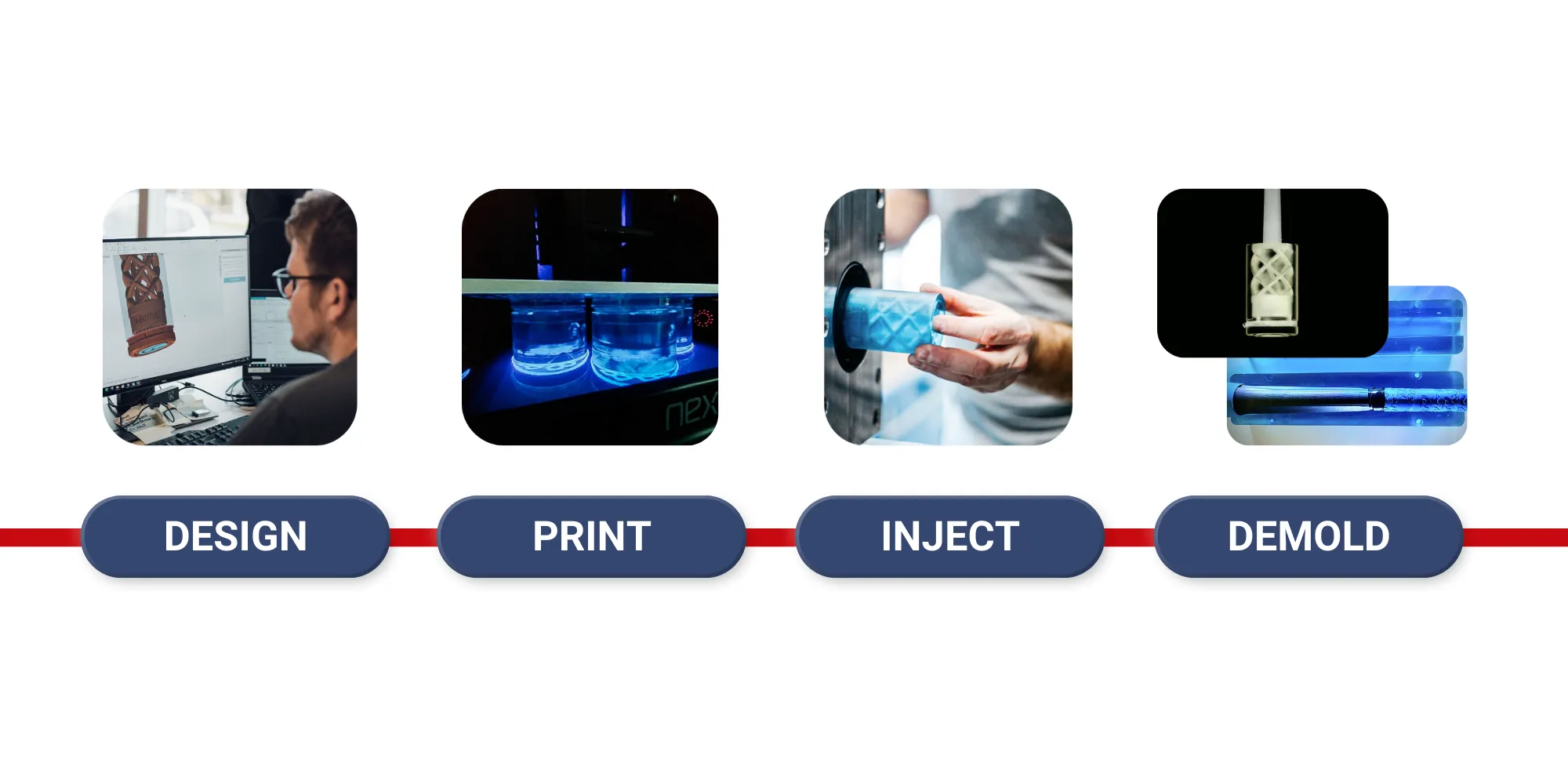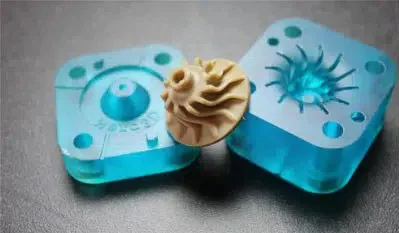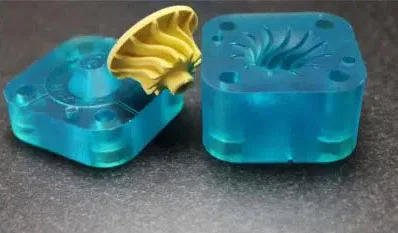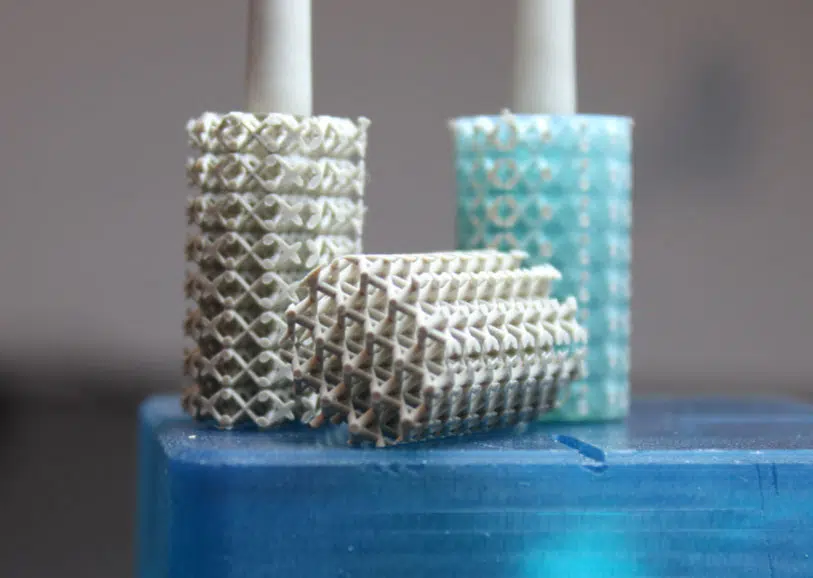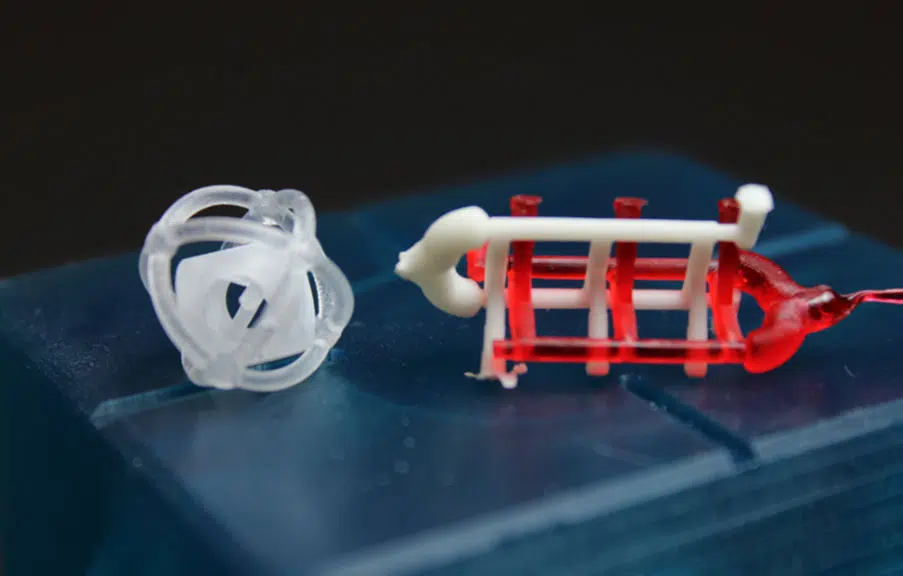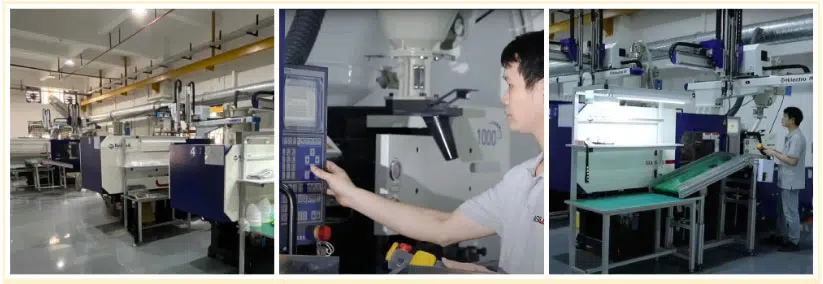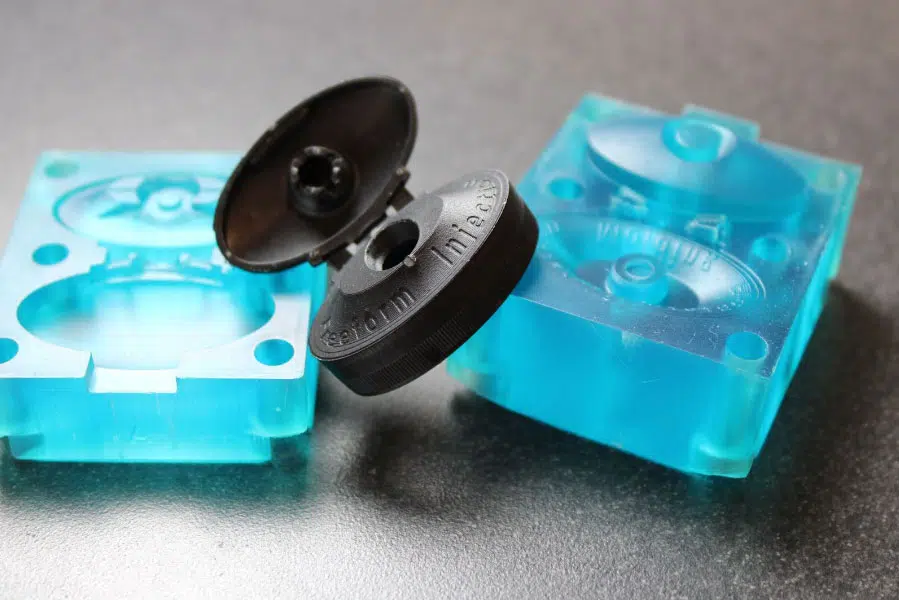
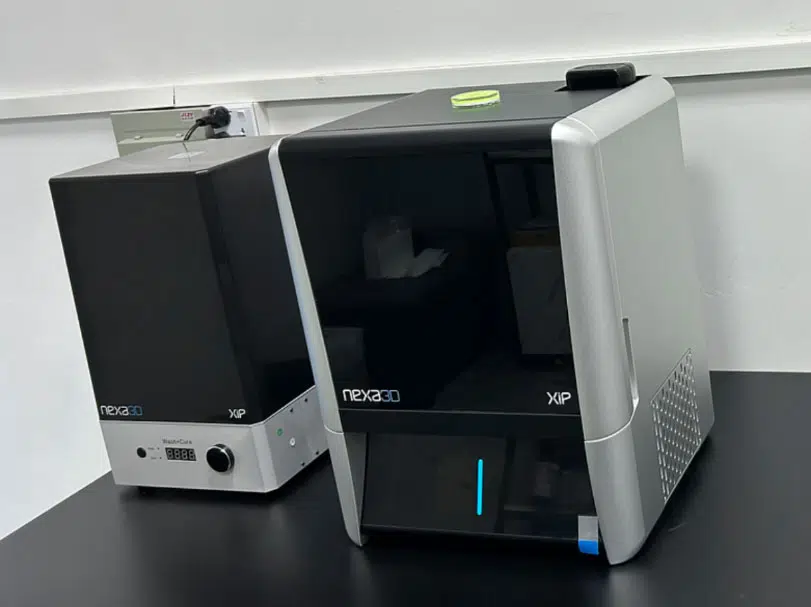
What is Fast Iterative Tooling?
In FIT, a 3D printer creates a mold from specialized resins (some of which are even soluble). These molds can be designed with intricate geometries that might be very challenging or even impossible to achieve with traditional mold-making methods (using hard metals).
In cases where a mold requires undercuts a soluble polymer can be used, then the tooling can be dissolved in a special bath after the part is formed, allowing for easy extraction of the final product without damaging complex or delicate features.
We operate the latest version of Nexa3D’s LCD 3D printers, which is the fastest on the market!
Contact us if you want to know how soon we can deliver your first injection-molded prototype, or how little you need to invest to get started.

